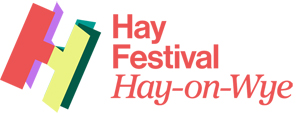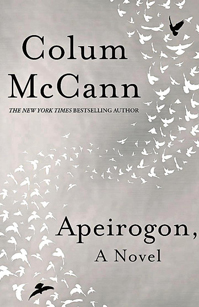It seems entirely appropriate that writers, engaging with the world around them are politically engaged. We don’t expect party politics,, but any consideration of society, its changes and developments, its economic imbalances, is bound to raise political thought. So of course art and politics mix.
 This week, though, art and politics have been mixing in another way, with protests about investment firm Baillie Gifford’s sponsorship of literary festivals, including the world-famous Hay Literary Festival. The row is reminiscent of the controversial BP funding of the British Museum, with the oil giant salving its conscience and burnishing its reputation by its association with such an institution.
This week, though, art and politics have been mixing in another way, with protests about investment firm Baillie Gifford’s sponsorship of literary festivals, including the world-famous Hay Literary Festival. The row is reminiscent of the controversial BP funding of the British Museum, with the oil giant salving its conscience and burnishing its reputation by its association with such an institution.
Following the protests, the Hay Festival has abandoned its partnership with Baillie Gifford, with a clear effect on its financial position. The problem is that Baillie Gifford invests in fossil fuel companies, which concerns the group Fossil Free Books, as well as in technology companies which support Israel. Protesters believe that the massive suffering inflicted on the entire population of Gaza following the Hamas terrorist attacks on 7 October 2023 should curtail support for Israel’s actions in the Palestinian territory. Because of the sponsorship, several speakers at the festival withdrew their agreements and pulled out of their appearances, leaving Hay with little choice.
Baillie Gifford points out that its level of investment in fossil fuels is tiny, especially when compared with the industry average, and others argue that without the funding provided by such companies, such festivals will find it difficult to survive. A festival as large as hay may be able to attract alternative funding, but it could close a smaller festival.
Several writers who are deeply concerned about events in Gaza are also worried about the future of artistic and cultural events. One festival director dismisses talk of finding ‘new models for funding’ which have been advocated, as it isn’t clear what these new models might be and in the meantime, there is a risk of destruction for a valuable cultural resource.
Read about the protests here.
And here is a more recent addition to the debate (4 June), exploring the complexity of the financial world and arguing that such activism is a threat to any arts sponsorship.
Fossil Free Books website.
 Further reading
Further reading
It has been very well received and is deeply moving – one wonders what Aramin and Elhanan feel about the Hamas attach and the current level of conflict in Gaza. Read a review here from The Guardian. It also worth reading an alternative view, like this one from Al Jazeera.